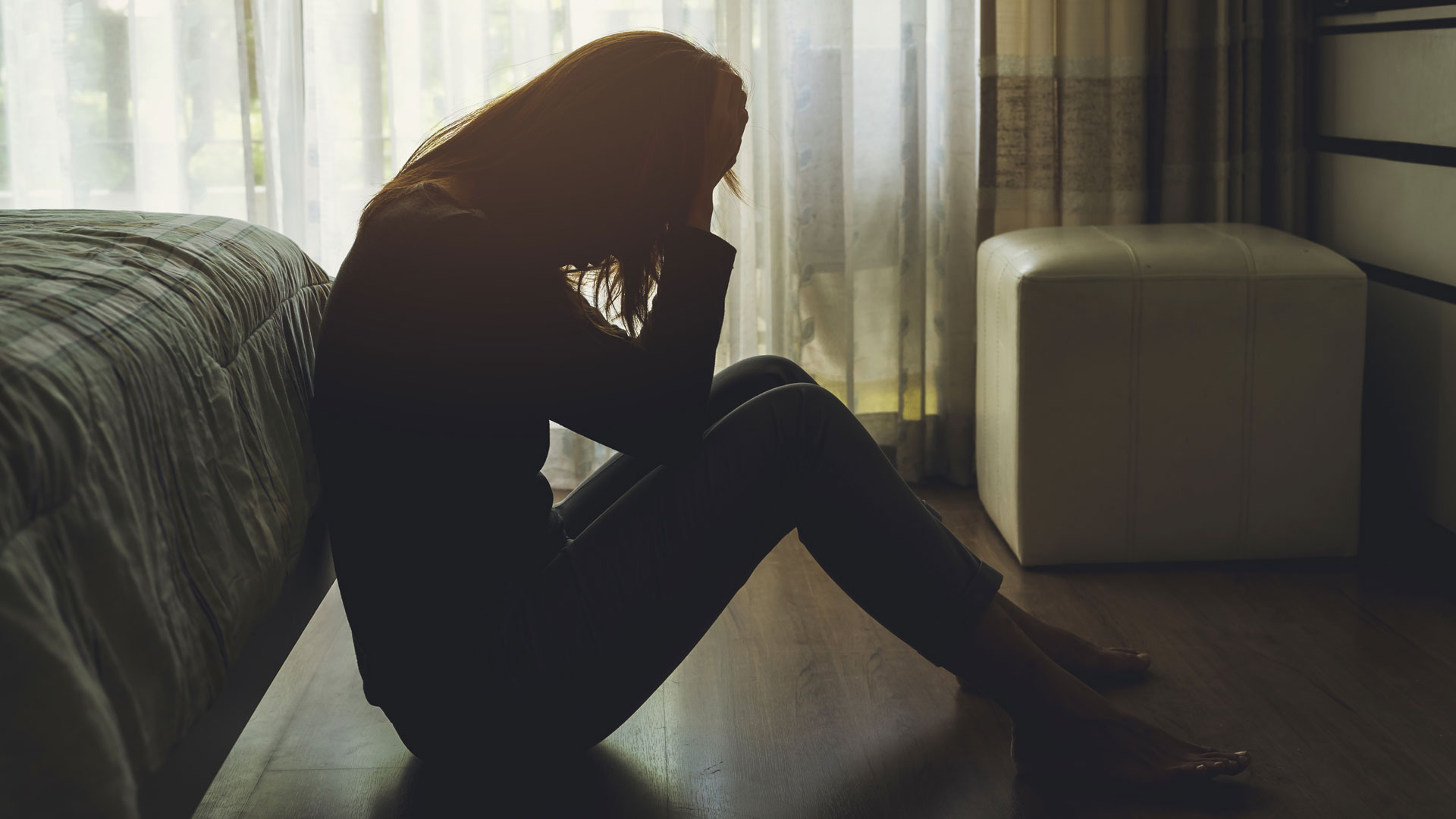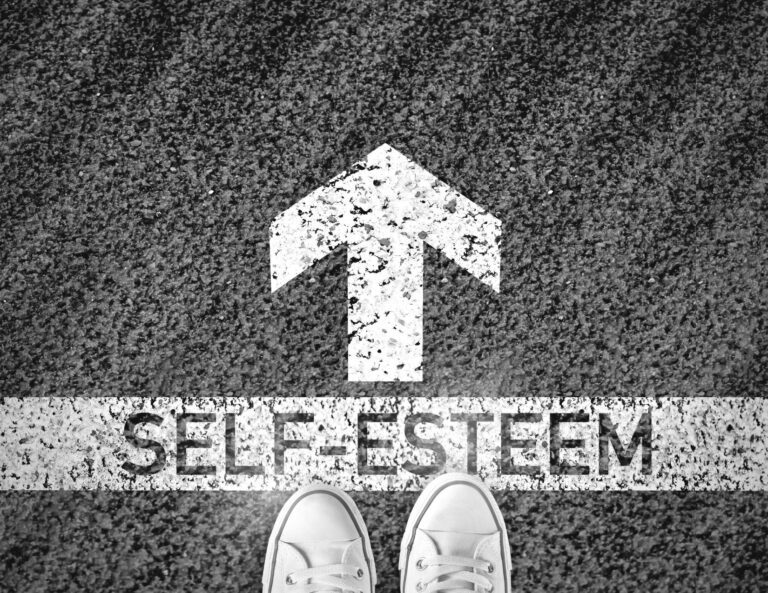Signs of Social Anxiety Disorder: How to Recognize Them
Social anxiety disorder (SAD) is a common mental health condition that affects millions of people worldwide. Also known as social phobia, SAD is characterized by intense fear, anxiety, and self-consciousness in social situations. People with SAD may experience physical symptoms such as sweating, trembling, and nausea when faced with social situations.
Recognizing the signs of SAD is the first step towards getting the help you need to manage this condition. Here are some of the most common signs and symptoms of social anxiety disorder:
- Avoiding Social Situations: People with SAD may avoid social situations altogether, or they may feel very anxious and uncomfortable in these situations. They may make excuses to avoid social events, and they may feel extremely self-conscious when they do attend.
- Physical Symptoms: SAD can cause a range of physical symptoms, including sweating, trembling, blushing, and rapid heartbeat. These symptoms can be very distressing and can make it difficult to function in social situations.
- Fear of Being Judged: People with SAD may be extremely afraid of being judged or criticized by others. They may worry that others are thinking negatively about them, and they may be hyper-aware of their own behavior and appearance.
- Low Self-Esteem: People with SAD may have low self-esteem and may believe that they are not worthy of other people’s attention or affection. They may feel like they are constantly being judged and may be very self-critical.
- Difficulty Making Eye Contact: People with SAD may have difficulty making eye contact with others. This can be a sign of their fear of being judged or of feeling self-conscious.
- Panic Attacks: In severe cases, SAD can lead to panic attacks. Panic attacks are intense episodes of fear and anxiety that can include symptoms such as sweating, shaking, and heart palpitations.
If you or someone you know is experiencing these symptoms, it may be a sign of social anxiety disorder. It’s important to seek help from a mental health professional if you suspect that you may have SAD. A mental health professional can provide a diagnosis and recommend treatment options, such as therapy and medication.
Cognitive-behavioral therapy (CBT) is a common treatment for SAD. CBT is a type of therapy that helps people identify and change negative thought patterns and behaviors. It can help people with SAD learn to manage their anxiety and improve their confidence in social situations.
Medication, such as antidepressants and anti-anxiety medications, can also be helpful for some people with SAD. Your mental health professional can help you determine the best treatment options for your individual needs.
In conclusion, social anxiety disorder is a common mental health condition that can cause significant distress and impair daily functioning. By recognizing the signs and symptoms of SAD, you can take the first step towards getting the help you need to manage this condition. Don’t hesitate to seek help from a mental health professional if you suspect that you or someone you know may have social anxiety disorder.










